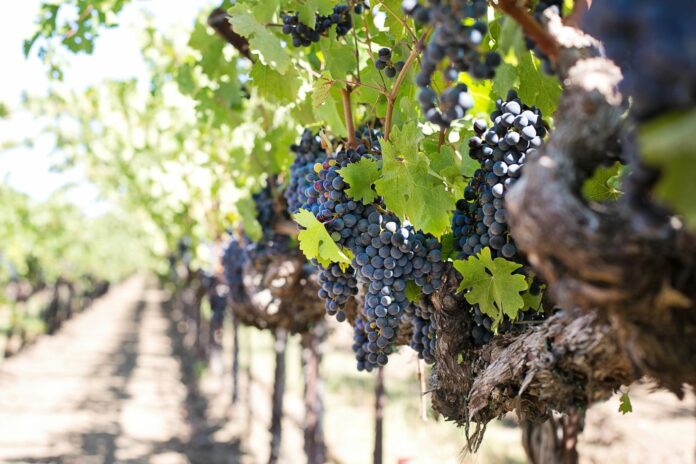The Dry Creek Valley Citizens Advisory Council voted to continue to a future meeting recommending action on Zo Winery’s use permit modification on Sept. 19.
Zo Winery, owned by David Eckert, is applying for a use permit that would modify the existing winery and vineyard to include a tasting room and raise maximum production from 600 to 5,000 cases in addition to other changes.
The vote was unanimous, 4-0, with councilmember Vicky Farrow recusing herself as she lives within 500 feet of the site. All councilmembers had visited the site except Bengt Akerlind.
The winery, located at 3232 and 3280 Dry Creek Road, will be communicating with concerned neighbors to come up with the best possible compromise. Typically, the DCVCAC has allowed the applicant to request when to be placed back on the schedule once the applicant has decided adequate outreach has been performed.
The winery is the first to go through the DCVCAC’s guidelines while applying with the county. The guide covers events, noise, traffic and more. To download the guide, go to the DCVCAC page of sonomacounty.ca.gov and click on the link.
Several neighbors came to the meeting to share their concerns with the council, which centered around traffic and event management.
The events for the winery are broken down into two main parts: those that have direct wine sale business outside normal hours, such as a store owner coming to buy wine, and those that the winery can put on for the invited public.
The winery is already permitted for association sponsored events, and can hold 10 event days per year under this type of use permit, according to the application summary provided by Zo Winery.
The winery is applying for 24 other events outside hours and two industry events per quarter.
The concern from neighbors was that parking could spill over onto the narrow road and they wondered what would happen if too many vehicles showed for an event such as the Passport to Dry Creek Valley Wine and Food Festival that takes place in April.
Eckert said that employees would go to the back of the winery first — where the overflow parking is — and then when the main lot is full, the rest will be directed there. When everything is full, additional people will be turned around to go somewhere else, with parking routed to Councilmember Vicki Farrow’s house in some cases. Eckert said the winery was unable to accommodate larger vehicles like buses.
In addition, the increase in events was noted by neighbors. Eckert pointed out that the events were below the maximum the DCVCAC guidelines call for, and it was also noted that no weddings would be on site.
The tasting room was also brought up. The proposed room would allow for no more than 30 people at one time. This, Eckert noted, was to keep tasting intimate and he said that was more the size he was comfortable promoting.
At the end of the discussion, Eckert — though willing to compromise further — expressed his own concern over the process, saying that he had done several things to lower the impact of the winery’s expansion beyond the guidelines, but that if he had to appease everyone, he would lose his application.
“I want to make this the best I can,” he said.
Councilmember Bill Smith expressed his sympathy with the concerns of those living in the area, but pointed out the zoning of the land was intense use agriculture, as is the surrounding neighborhood.
Intense use agriculture allows for crops such as grapes, residential housing and employee housing. Smith also pointed to the Farm Bill protections, which would allow for necessary noise and other potential irritants while farming.
President Jenny Gomez was also in favor of recommending to the county to pass the permit, but also suggested the continuance in order to have more time for neighbor communication.
“This is a quality, lovely tasting experience that I’ve actually experienced in its busiest time,” Gomez said.
Ruth Wilson agreed with the idea of a continuance, citing the time it had given the cannabis permits brought before the council.
Akerlind noted that going from 600 to 5,000 cases was a large jump, and wondered if there was room to lower that number.
Long-term planning was brought up as the reason for the increase, as the permit would carry on with the land in perpetuity and would be costly to come in and tweak every time operations scaled up.
49.7
F
Healdsburg
April 20, 2025








